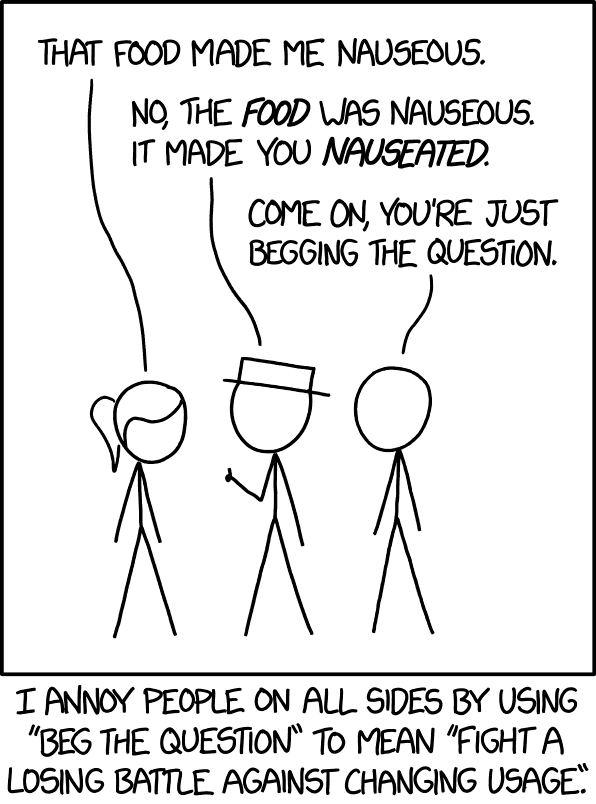When I was in high school and college, I read massive amounts of fiction (e.g., Don Quixote, The Magic Mountain), history (e.g., The History of the Decline and Fall of the Roman Empire, The Rise and Fall of the Third Reich), current events (e.g., Time from cover to cover for about twenty years), and so forth. But almost everything I read — if I considered it worth reading at all — I read very carefully, sometimes taking several minutes per page, and rereading particularly difficult passages until I assured myself that I understood what they were really about.
I had heard about Evelyn Wood's speed reading — it was hard to miss because it was so widely advertised — but was always skeptical of the extravagant claims made for it (e.g., finishing Gone with the Wind — nearly seven hundred pages — in less than an hour). I could, if I wished, read very quickly by focusing on key elements of texts, but then I never felt that I completely comprehended them and that my retention was limited.
Because of my reading habits, it was always very important for me to have quiet surroundings when I was working my way through books, articles, essays, and so forth. I was particularly deliberate when reading poetry, because I felt then, and still feel to this day, that to fully appreciate a good poem, one needs to go over it again and again to ruminate and savor not only its meaning, but also its sounds and rhythms. That is the approach I use in my Chinese Poetry and Prose class, which I offer every third year, and whose current iteration began today. We spend more than two weeks on a single poem by the Tang poet, Wang Wei, called "Deer Park / Enclosure", which consists of twenty syllables. I may ask my students to keep a journal of their growing awareness of what the poem is actually telling us (in my forty years of teaching, I've never asked students to keep a journal about anything, but it might be worth doing in this class).
Read the rest of this entry »




